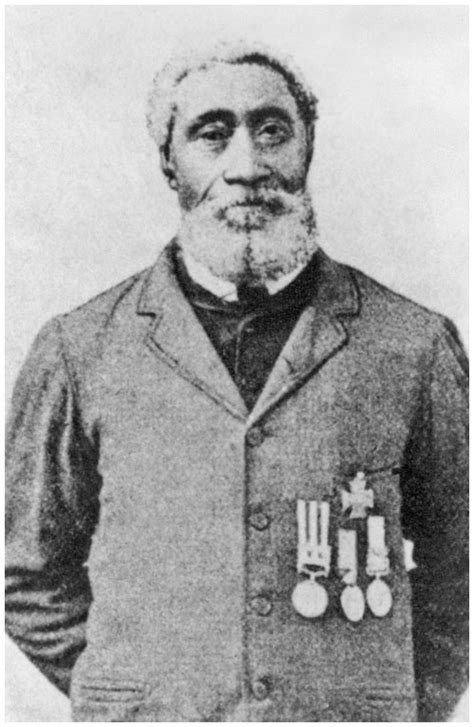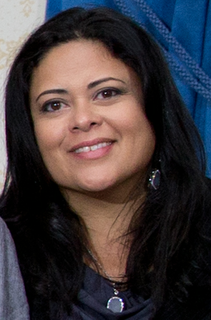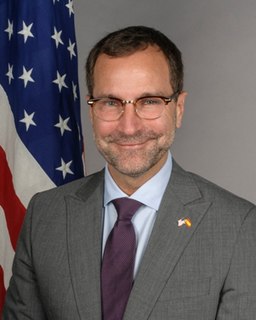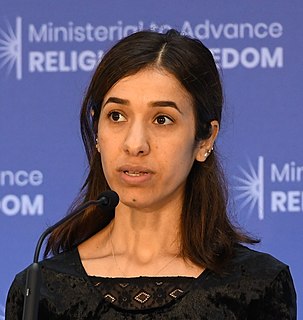A Quote by Linda Simon
Ignorant of history, we find it easy to accept our isolation from one another. We are more able to recognize differences than shared experiences and perspectives. History proclaims our common humanity.
Related Quotes
I think we could benefit from world history that is specifically taught in a multi-faceted fashion that allows for an understanding that perspectives on truth can be very different. I'm an advocate of an approach that endeavors to foster empathy and which tries to find a common humanity across the divide.
Although you can find certain differences among the Buddhist philosophical schools about how the universe came into being, the basic common question addressed is how the two fundamental principles-external matter and internal mind or consciousness-although distinct, affect one another. External causes and conditions are responsible for certain of our experiences of happiness and suffering. Yet we find that it is principally our own feelings, our thoughts and our emotions, that really determine whether we are going to suffer or be happy.
Let us not be blind to our differences-but let us also direct attention to our common interests and to the means by which those differences can be resolved. And if we cannot end our differences, at least we can help make the world safe for diversity. For, in the final analysis, our most common link is that we all inhabit this small planet. We all breathe the same air. We all cherish our children's future. And we are all mortal.



































